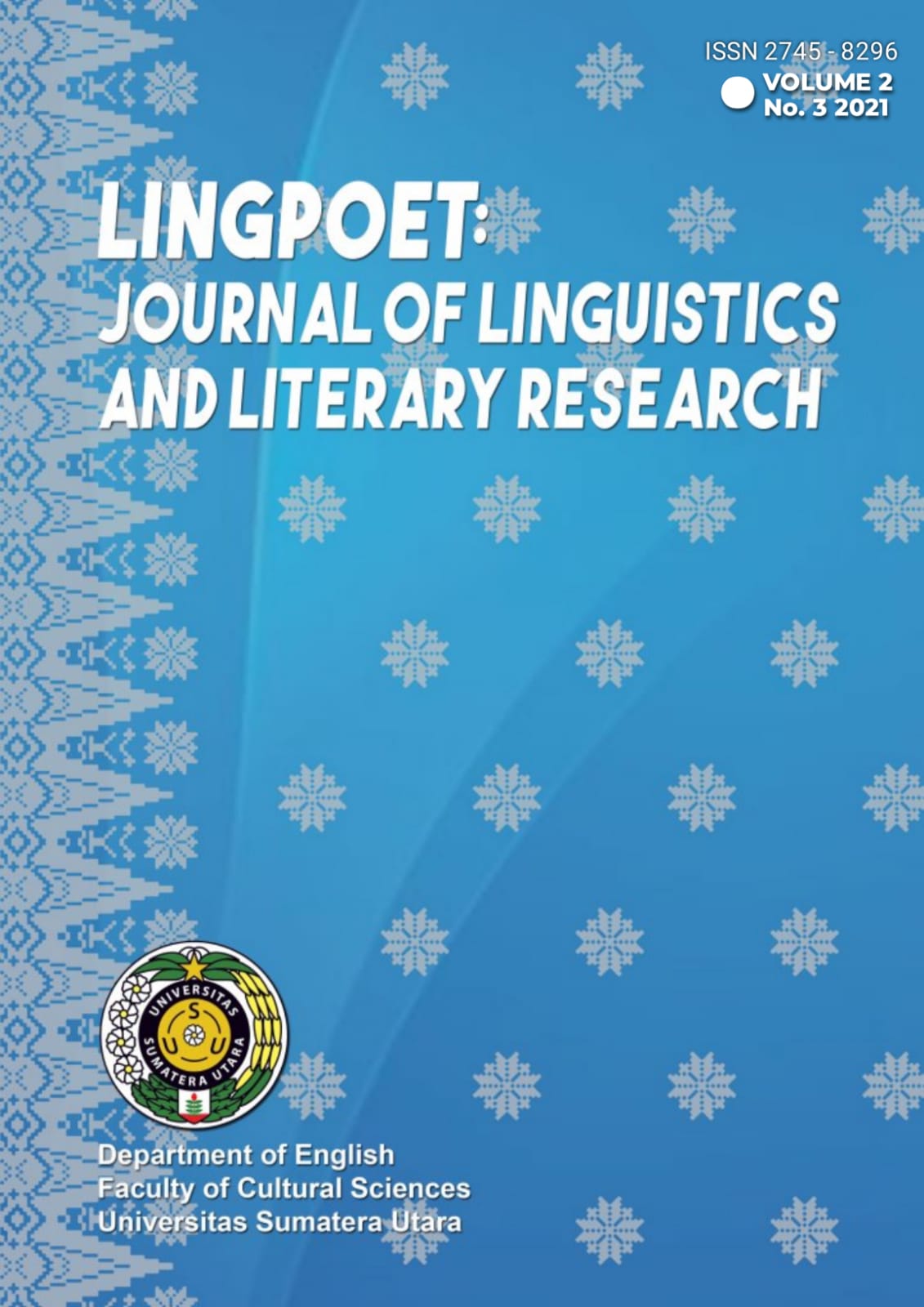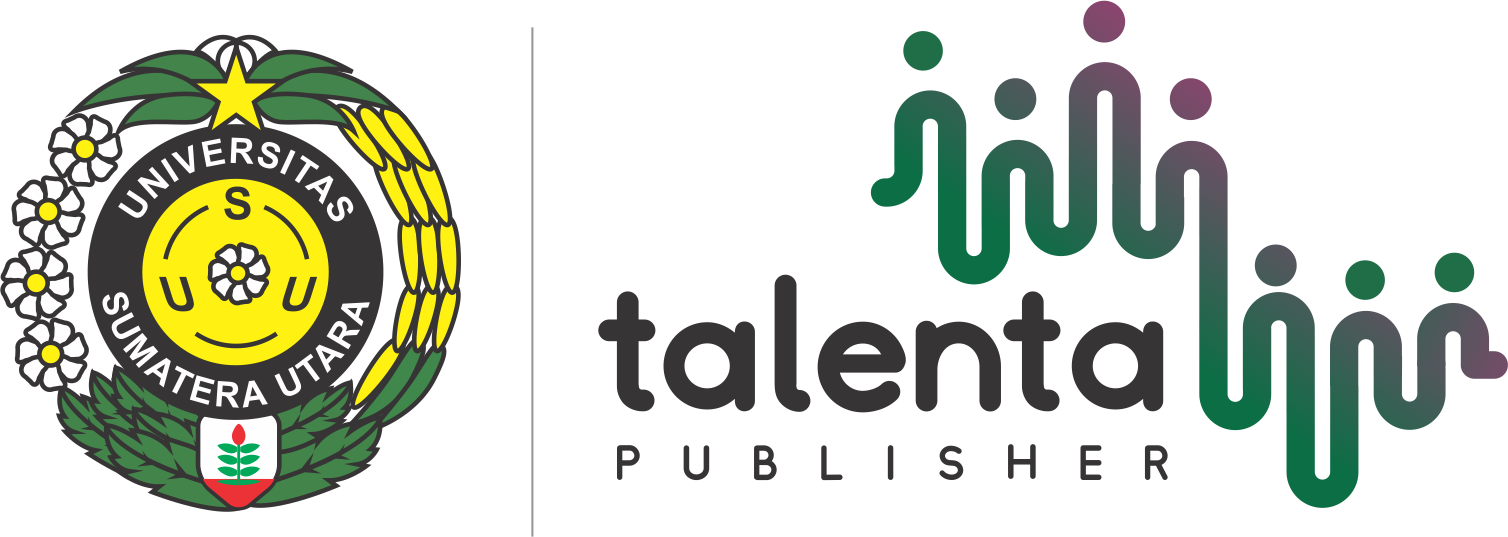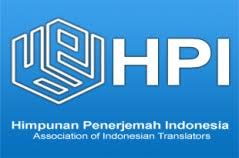Pragmatic Role of Culture in Using Ostensible Invitations across Persian and English Languages
DOI:
https://doi.org/10.32734/lingpoet.v2i3.7283Keywords:
Speech Acts, Genuine Speech Acts, Pragmatic FeaturesAbstract
I first begin with the definition of speech acts with a view to providing a distinction between the traditional and modern view of speech acts and then the focus will be on making the distinction between ostensible speech acts vs. genuine speech acts. Finally, my observation relates to the Ahmadi& Rasekh (2010) paper describing the pragmatic features of two culturally Persian culture, north and centre with respect to the use of genuine and ostensible invitations in English based on ten discourse situations and utterances chosen for data collection. The data is compared with the structure of invitations in English reported by Isaacs and Clark (1990). It is concluded that that the socio-linguistic factors might prove useful to understand better the dynamics of failure to recognize the correct function of speech acts in EFL educational settings since these difficulties are reported in Ahmadi and Rakesh’s paper.
Downloads
References
Ahmadi & Rasekh. (2010). Canadian Native English speakers with North and Central Native speakers of Persian Regional Dialects. Paper presented International Seminar on Language. Culture and Identity Issues and Challenges, Dept. of Linguistics, Aligarh Muslim University, Aligarh, February, 8-10,2010.
Crystal, D. (2003). A Dictionary of linguistics and phonetics (5th ed).Oxford: Blackwell.
Eslami, Z.R. (2005). Invitations in Persian and English: Ostensible or genuine?. Intercultural Pragmatics. 2(4), 453-480.
Garcia, C. (1996). Teaching Speech Act Performance: Declining an Invitation: Hispania, 79( 2), 267-279.
Hancher, M. (1979). The classification of cooperative illocutionary acts’, Language in Society, 8, 1-14. DOI http://doi.org/10.1017/S0047404500005911
Holmes, J. (1990). Apologies in New Zealand English. Language in Society, 19( 2), 2155-199.
Isaacs, E.A. & Clark, H.H. (1990). Ostensible Invitations. Language in Society, 19(4):493-509.
Leech, G. (2007). Politeness: Is there an East-West divide?. Journal of Politeness Research, 3(2), 167-206. DOI http://doi.org/10.1515/PR.2007.009
Shelly, R.K & Troyer, L. 2001. Speech Duration and Dependencies in Initially Structured and Unstructured Task Groups. Sociological Perspectives, 44(4): 419-444.
Mills, M.H. (1992). Conventionalized Politeness in Russian Requests: A Pragmatic View of Indirectness. Russian Linguistics, 16, 65-78.
Downloads
Published
How to Cite
Issue
Section
License
Copyright (c) 2021 LingPoet: Journal of Linguistics and Literary Research

This work is licensed under a Creative Commons Attribution-ShareAlike 4.0 International License.













